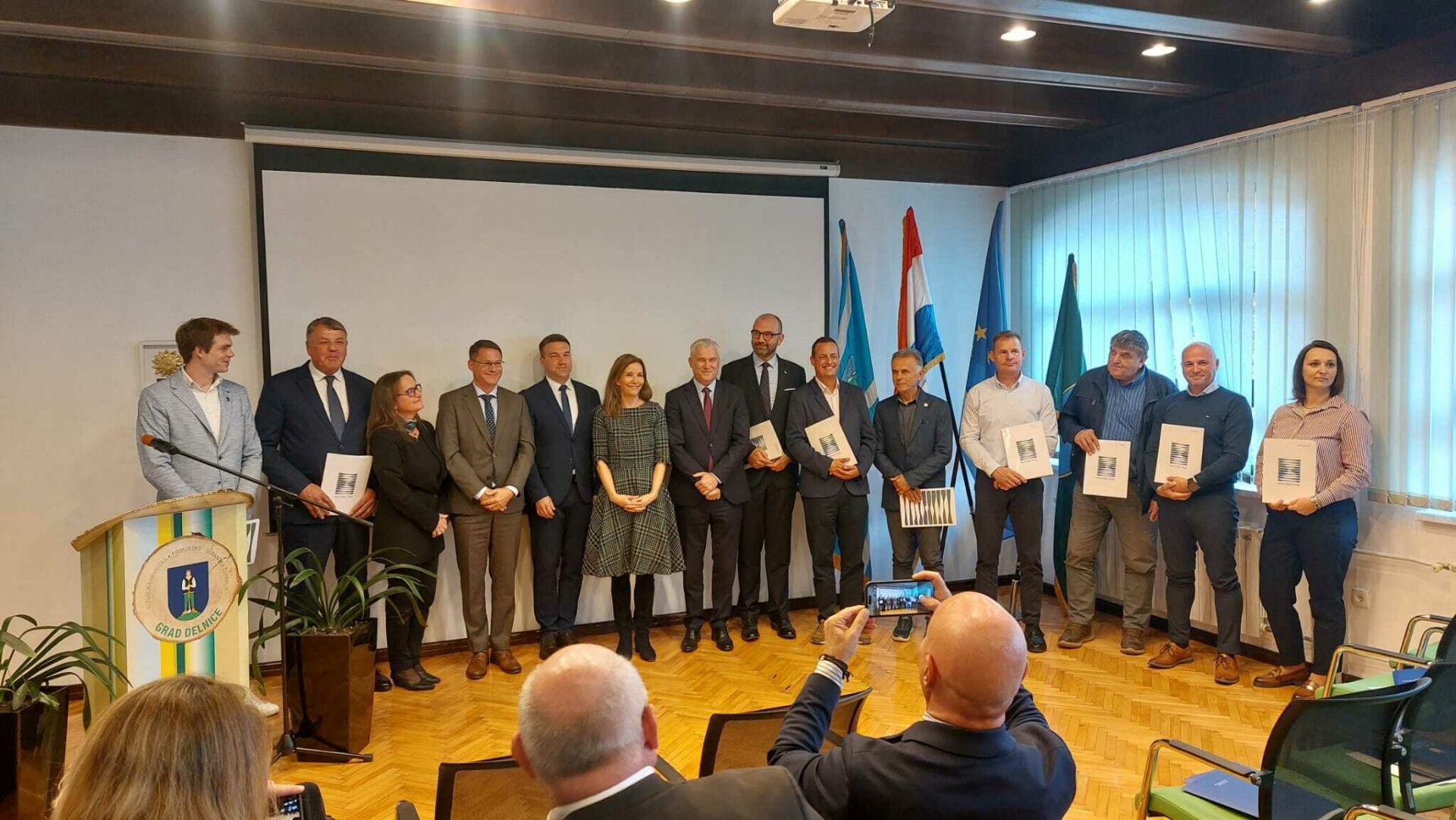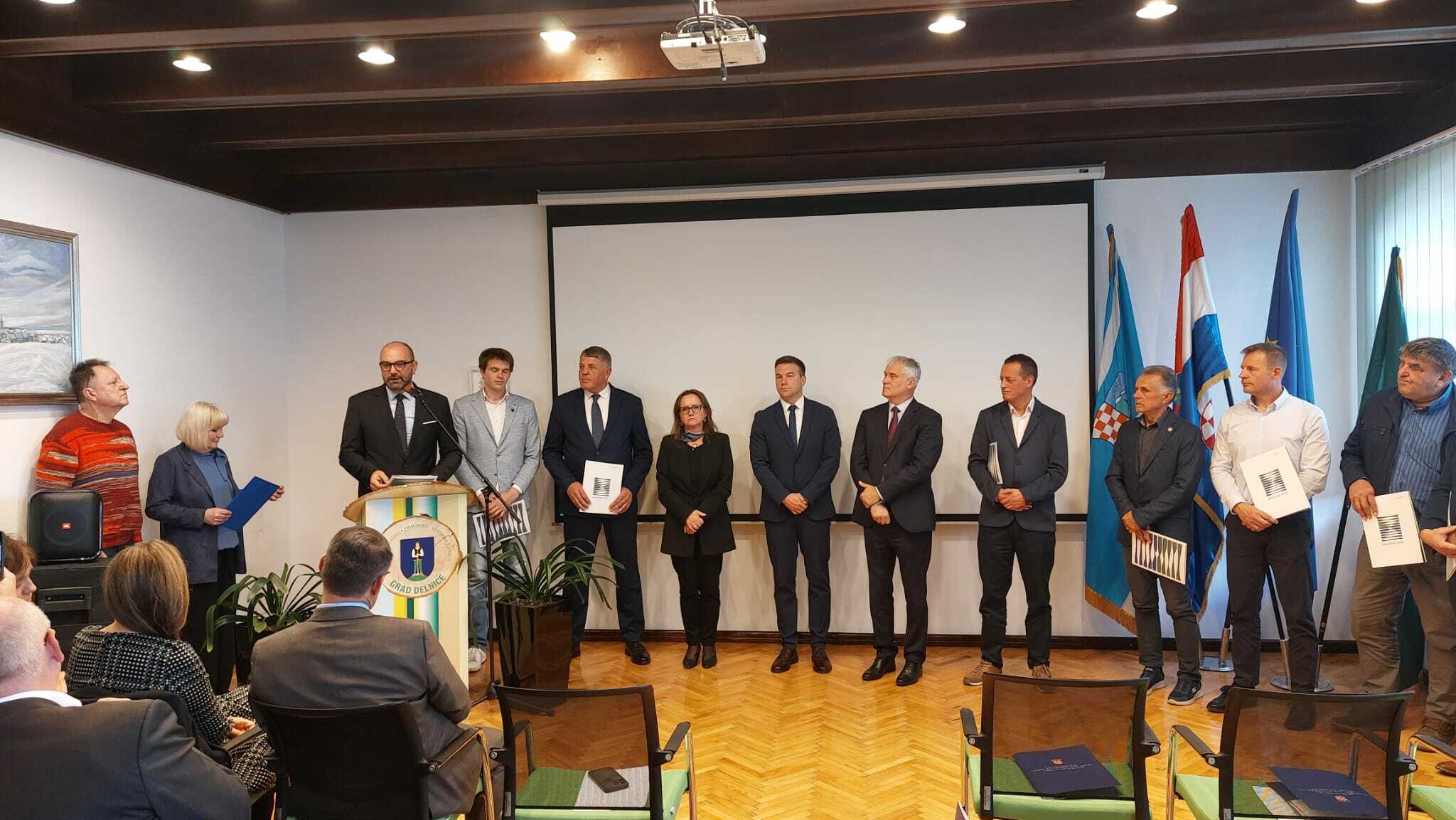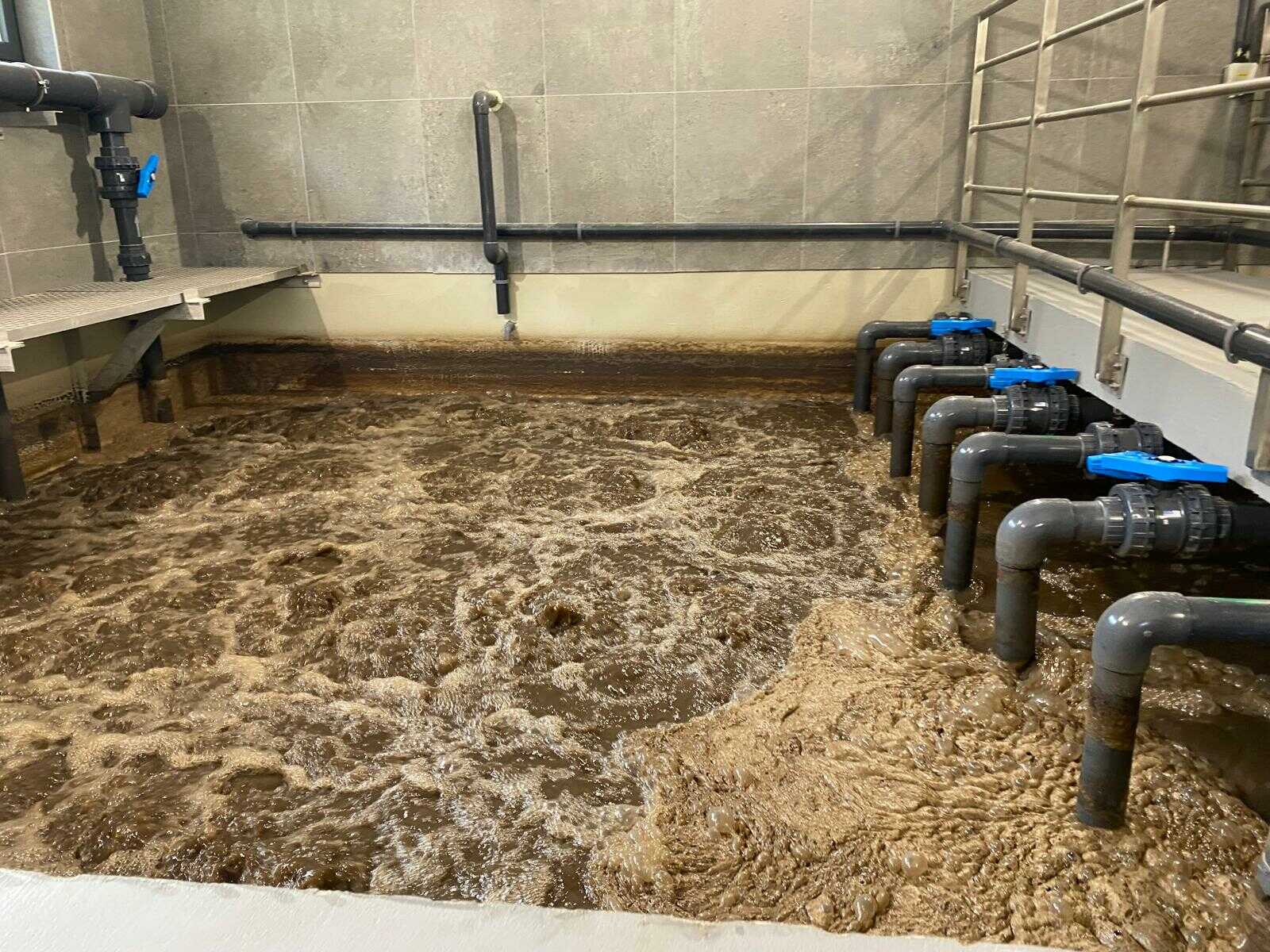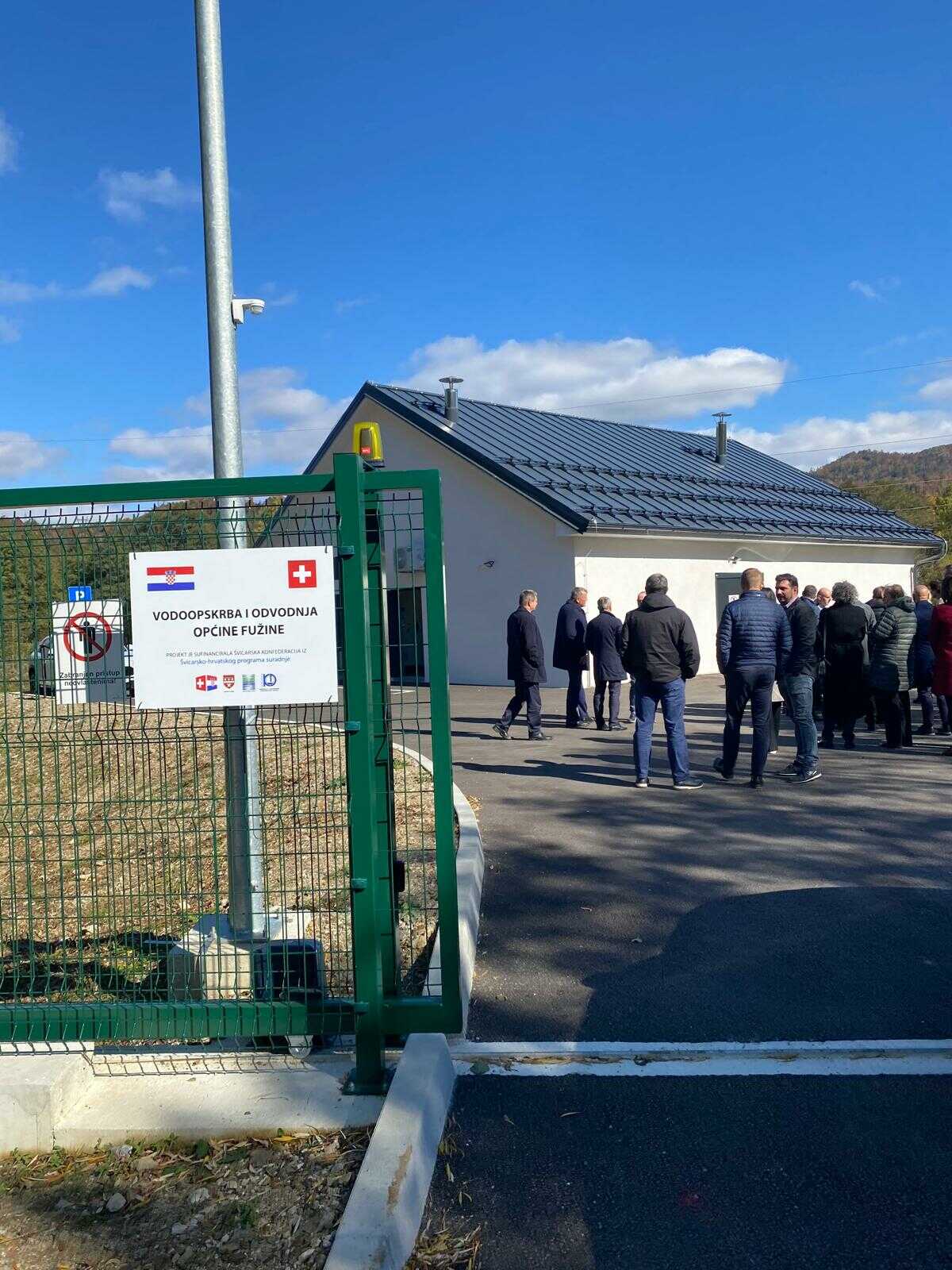1.25 Million CHF Granted to the Institute for Strengthening Professional Capacities


Gorski kotar hosted the official launch of the “Water Supply and Sewerage” programme within the Swiss–Croatian Cooperation Programme. During the event, the results of the First Swiss Contribution were presented, the Second Swiss Contribution was announced, and grant and co-financing agreements were awarded. The €35.65 million programme will run until 2029, aiming to protect water resources, modernise infrastructure, and strengthen sectoral capacities.
The ceremony was attended by representatives of Switzerland (Embassy and SECO), Croatian ministries, Croatian Waters, and local authorities. Visits to wastewater treatment plants (WWTPs) in Brod Moravice and Fužine, as well as the Lokve agglomeration, showcased the tangible results of investments and the implementation of advanced technologies such as membrane systems.
The programme is implemented through two components, with the Josip Juraj Strossmayer Water Institute participating in the second, which focuses on training water utility employees, international exchange, and involving young professionals.
The Institute has signed an agreement worth 1.25 million CHF. Director Mario Šiljeg thanked the Swiss partners and emphasised that while infrastructure delivers results, “it is people who make the key difference.” He highlighted that the trust shown by Switzerland is especially valuable, as it recognises the Institute as a young, yet serious and highly professional institution.
He announced the establishment of a training and certification system for public water service employees, optimisation of WWTP operations, and measures aimed at reducing water losses, energy consumption, and greenhouse gas emissions, as well as adapting to climate change. The programme, he noted, “does not only build systems – it builds the people who will manage them.”
The collaboration between Croatia and Switzerland reaffirms the importance of modern, professional, and sustainable water management, with the Institute assuming one of the key roles in this process.


